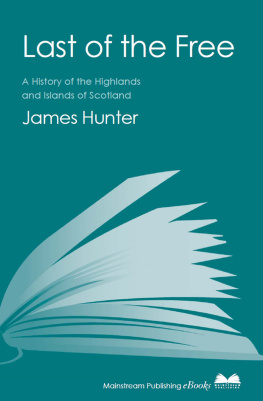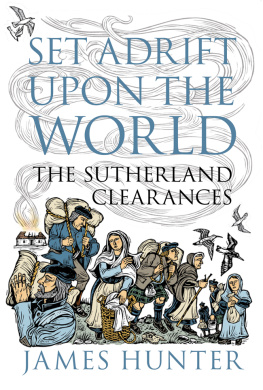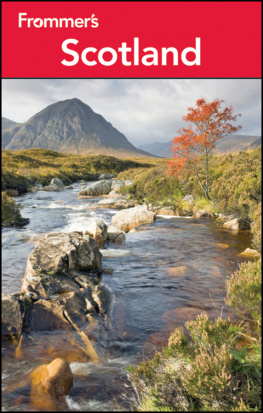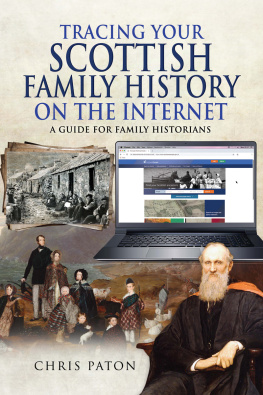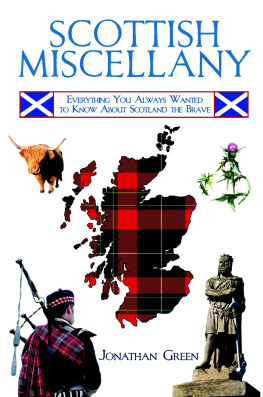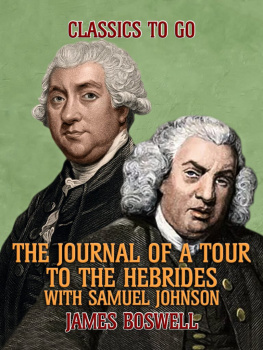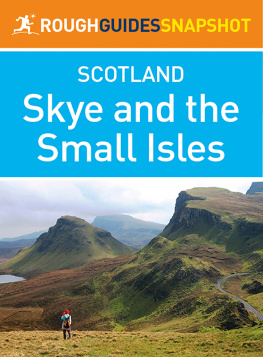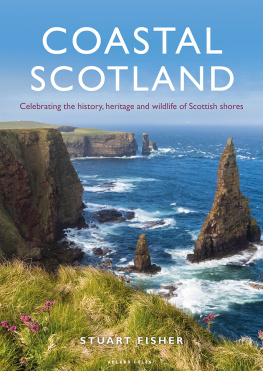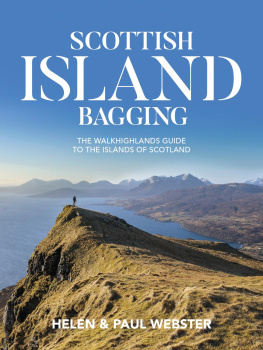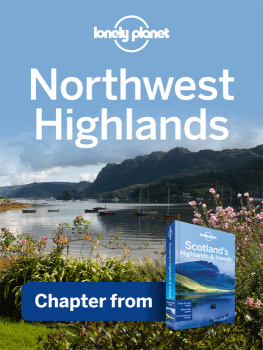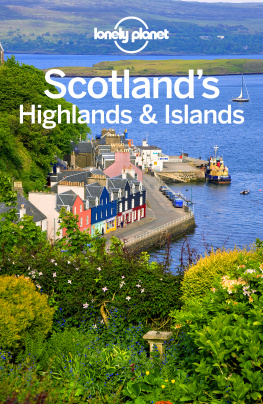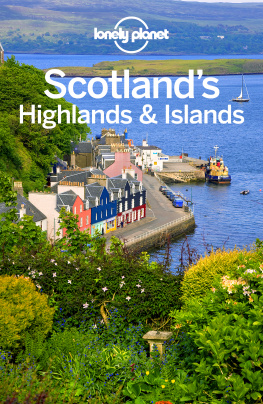BY THE SAME AUTHOR
The Making of the Crofting Community
Skye: The Island
For the Peoples Cause: From the Writings of John Murdoch
The Claim of Crofting: The Scottish Highlands and Islands, 193090
Scottish Highlanders: A People and their Place
A Dance Called America: The Scottish Highlands, the United States and Canada
On the Other Side of Sorrow: Nature and People in the Scottish Highlands
Glencoe and the Indians
LAST OF THE FREE
A Millennial History of the Highlands and Islands of Scotland
James Hunter
This eBook is copyright material and must not be copied, reproduced, transferred, distributed, leased, licenced or publicly performed or used in any way except as specifically permitted in writing by the publishers, as allowed under the terms and conditions under which it was purchased or as strictly permitted by applicable copyright law. Any unauthorised distribution or use of this text may be a direct infringement of the authors and publishers rights and those responsible may be liable in law accordingly.
Epub ISBN: 9781780570068
Version 1.0
www.mainstreampublishing.com
Copyright James Hunter, 1999
All rights reserved
The moral right of the author has been asserted
First published in Great Britain in 1999 by
MAINSTREAM PUBLISHING COMPANY ( EDINBURGH ) LTD
7 Albany Street
Edinburgh EH1 3UG
ISBN 9781845965396
This edition 2000
Reprinted 2003
No part of this book may be reproduced or transmitted in any form or by any means without written permission from the publisher, except by a reviewer who wishes to quote brief passages in connection with a review written for insertion in a newspaper, magazine or broadcast
A catalogue record for this book is available from the British Library
Maps by Wendy Price Cartographic Services
For Evelyn again
Foreword
The Highlands and Islands comprise half of Scotland and one-sixth of Britain. Clearly, such an area should not be accepted as a drain on the nations economy and social vitality, but rather encouraged to realise its potential as a worthwhile contributor to our nations economic, social and environmental wellbeing.
It was in early 1997 that Highlands and Islands Enterprise decided to help mark the new millennium by assisting Mainstream Publishing to commission from James Hunter a history of the area. As a development agency, HIEs key concerns are with the present and the future. However, examination of the past also reveals events and influences that have shaped this most fascinating and beautiful region.
HIE exercised no editorial control of Jims work in producing this uniquely comprehensive and stimulating account. But we asked him to ensure that his book dealt, as far as possible and in a way that no previous history has done, with all the different parts of the Highlands and Islands. If Jims conclusions served to provoke debate about the areas experience and its future, we added, that would be no bad thing. Jim has, I think, met this remit in full.
When, in October 1998, the Secretary of State for Scotland appointed Jim Hunter to head the board of HIE, we gained a chairman with immense knowledge of the Highlands and Islands. Jims appointment, of course, also resulted in this history becoming more of an in-house production than anyone had envisaged the year before.
However, having read the results of Jim Hunters extensive research, I am glad there was nothing which prevented us from being involved in this project. Jims book, I believe, is a momentous contribution to the chronicling of the Highlands and Islands. All of us at HIE are proud to be associated with it, and I take pleasure in commending it.
Iain A. Robertson CBE, Chief Executive,
Highlands and Islands Enterprise
Introduction
A couple of months into 1979, the newspaper then paying my wages sent me to Sutherland. There, while looking into the story that had brought me north, I met an elderly crofter with whom, after disposing of the business in hand, I began to speak of more general matters. Our talk turned to plans, shortly afterwards voted on, to devolve political power from London to Edinburgh. I favoured such devolution. And because my new acquaintance had made several suggestions as to how Highlands and Islands prospects could be improved, I took it for granted thinking the cause of the Highlands and Islands could only benefit from a measure of Scottish home rule that he shared my devolutionary enthusiasms. But no. The Highlands and Islands, I was informed sternly, would gain little from Scotlands projected legislature.
Why? I asked.
In London, came the reply, they might not give a damn about folk up here. But in Edinburgh theyve always hated us.
In the event, no Edinburgh parliament was forthcoming in 1979. Twenty years on, however, not long before this books publication, just such a parliament, the first since 1707, at last took shape. What members of this parliament will do for residents of the Highlands and Islands remains, at the time of writing, to be seen. But they will, I trust, view us more positively than our ancestors were viewed by their pre-1707 forerunners whose treatment of the Highlands and Islands was such as to explain why my Sutherland informant, a man who knew his history, thought the way he did.
My own pro-devolutionary sentiments, I should make clear, have not altered. For what it is worth, I have backed, for as long as I have been politically aware, a greater degree of self-government for Scotland. I still do. But what I nowadays question more than I did which is why I began with my Sutherland encounter of all those years ago is the notion that such self-government will, of itself, enhance the prospects of those of us living in the Highlands and Islands. Back in 1979, on being told that a possibly neglectful London was preferable from a Highlands and Islands perspective to an allegedly antagonistic Edinburgh, I came unhesitatingly to Edinburghs defence. Today, if asked to choose between the two, I would be tempted to opt, as it were, for neither. Perhaps, I would be inclined to suggest, the people of the Highlands and Islands should be looking rather less to both Edinburgh and London. Maybe, I might want to add, we should be seeking to exercise more control, from within our own area, over matters of Highlands and Islands significance. Our predecessors, after all, once exercised exactly that type of control. And when they did, as this book shows, our corner of the world performed, in relation to comparable localities, rather more impressively than it has done since.
When, in 83 AD , the Roman Empires legions approached the area we know as the Highlands and Islands, Romes forces were opposed, as ensuing pages explain, by a warrior chieftain named Calgacus. Words attributed to that chieftain, by one of his contemporaries, supply this books title. The Romans, Calgacus is supposed to have said, were tyrants, pillagers, oppressors:

